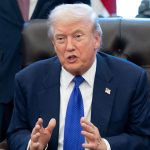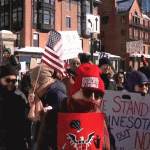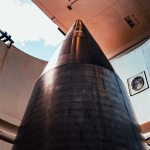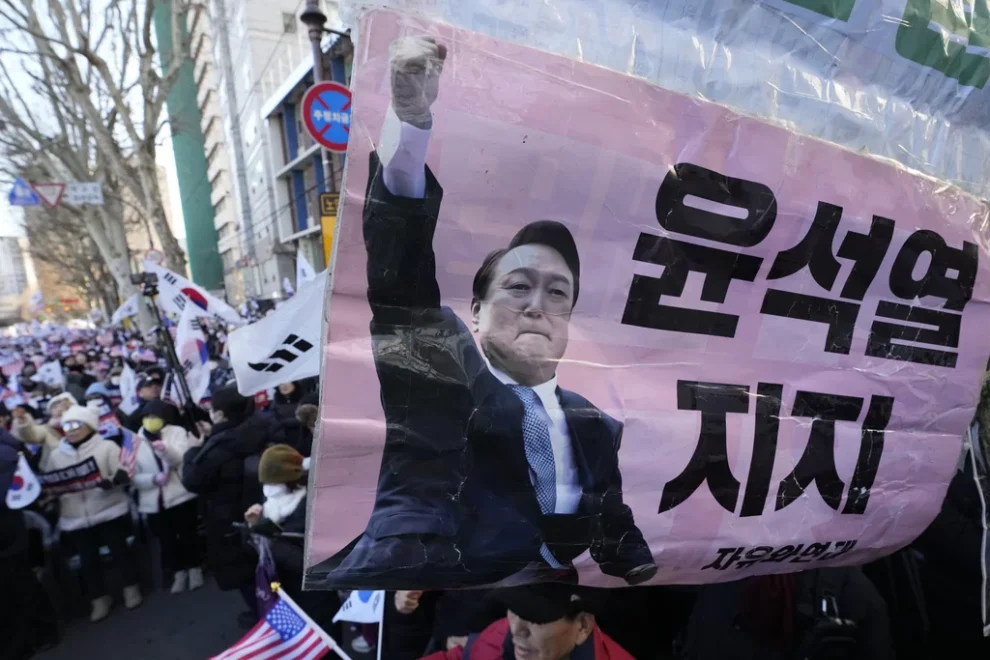SEOUL, South Korea (AP) — South Korean prosecutors on Sunday indicted impeached President Yoon Suk Yeol on rebellion in connection with his short-lived imposition of martial law, a criminal charge that could incur the death penalty or life imprisonment if convicted.
This is the latest blow to Yoon, who was impeached and arrested over his Dec. 3 martial law decree that plunged the country into political turmoil, shook its financial markets, and hurt its international image. Separate from criminal judicial proceedings, the Constitutional Court is now deliberating whether to formally dismiss Yoon as president or reinstate him.
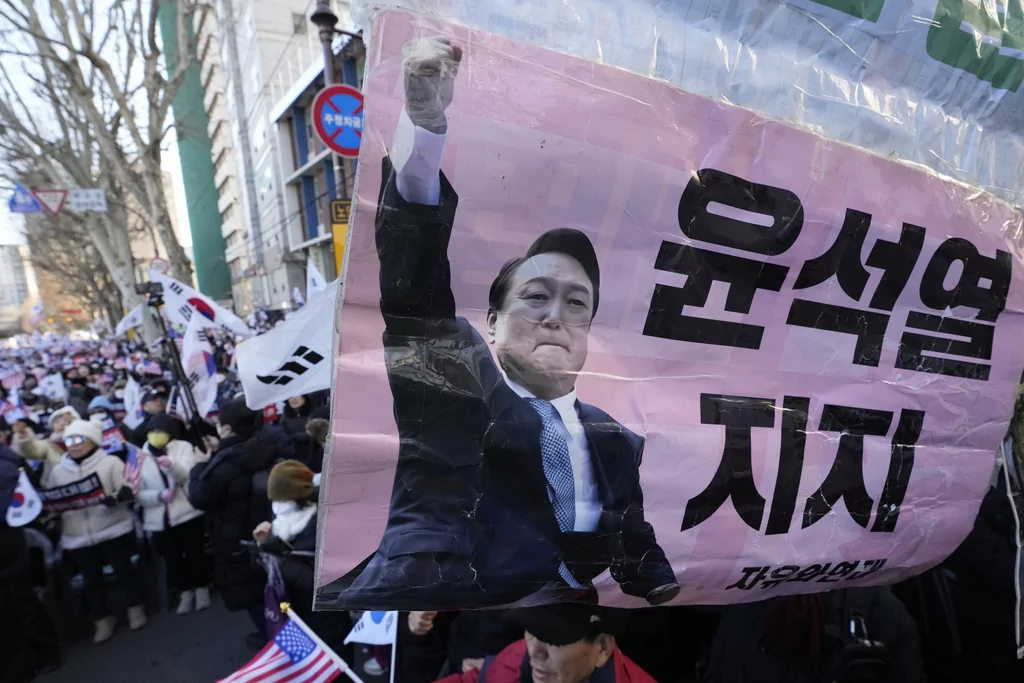
Yoon has become South Korea’s first president who has been indicted while in office. He will remain jailed and be escorted from a detention facility to a Seoul court for hearings in the trial, which is expected to last about six months.
Yoon’s defense team confirmed his indictment on a rebellion charge, calling it “the worst decision” by prosecutors who they say are trying to curry favor with political forces who want Yoon’s exit.
“Today’s indictment of the president will remain as a shame in the history of South Korean prosecutors that they cannot erase,” Yoon’s defense team said in a statement. “We stress once again that a president’s declaration of martial law can never be rebellion.”
Prosecutors indicted Yoon on charges that he directed a rebellion when he imposed martial law, according to local media. Repeated calls to prosecutors’ offices in Seoul went unanswered. Investigative authorities have alleged that Yoon’s imposition of martial law amounted to rebellion because he staged riots with the purpose of undermining the constitution.
Yoon has presidential immunity from most criminal prosecutions, but the privilege doesn’t extend to allegations of rebellion or treason. By law in South Korea, the leader of a rebellion can face a life sentence or capital punishment.
Yoon, a conservative, has steadfastly denied any wrongdoing, calling his declaration of martial law a legitimate act of governance meant to raise public awareness of the danger of the liberal-controlled National Assembly, which obstructed his agenda and impeached top officials. During his announcement of martial law, Yoon called the assembly “a den of criminals” and vowed to eliminate “shameless North Korea followers and anti-state forces.”
CLICK HERE TO READ MORE FROM THE WASHINGTON EXAMINER
After declaring martial law on Dec. 3, Yoon sent troops and police officers to the assembly, but enough lawmakers still managed to enter an assembly chamber to vote down Yoon’s decree unanimously, forcing his Cabinet to lift it.
The martial law imposition, the first of its kind in South Korea in more than four decades, lasted only six hours. However, it evoked painful memories of past dictatorial rules in South Korea in the 1960s-80s when military-backed rulers used martial laws and emergency decrees to suppress opponents.

